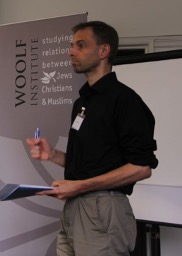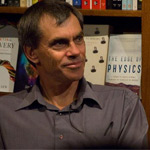 Mikel Burley is Associate Professor of Religion and Philosophy at the University of Leeds, UK. We invited him to answer the question “Is there a future for the philosophy of religion?” as part of our “Philosophers of Religion on Philosophy of Religion” series.
Mikel Burley is Associate Professor of Religion and Philosophy at the University of Leeds, UK. We invited him to answer the question “Is there a future for the philosophy of religion?” as part of our “Philosophers of Religion on Philosophy of Religion” series.
A central concern articulated in recent years by critical voices both inside and outside Western philosophy of religion has been this subfield’s perceived lack of religious diversity. It has been claimed that Western philosophers of religion are too often preoccupied with “the rationality of theism” (Schilbrack 2014, p. 3), a theism detached from the particularities of historically and geographically rooted religious traditions (Knepper 2013). These critical voices have, on occasion, included my own.
In what follows, I wish to do three things. First, I acknowledge a qualification to the kind of critical assessment that I and others have made of Western philosophy of religion. Second, I give due recognition to the difficulties of expanding the subfield in ways that remain identifiably philosophical. And third, I advocate the need for methodological experimentation as a response to these difficulties. Continue reading


